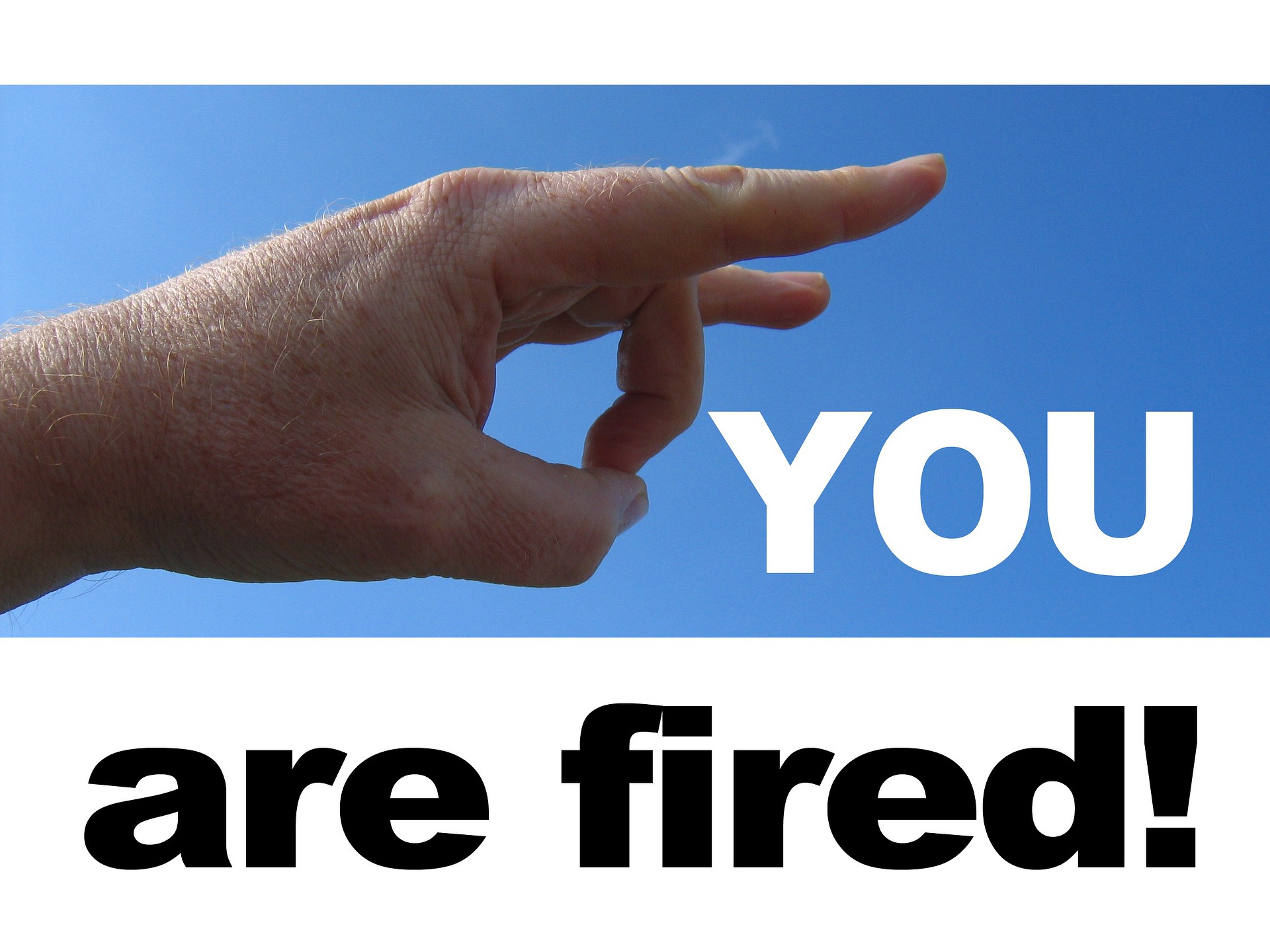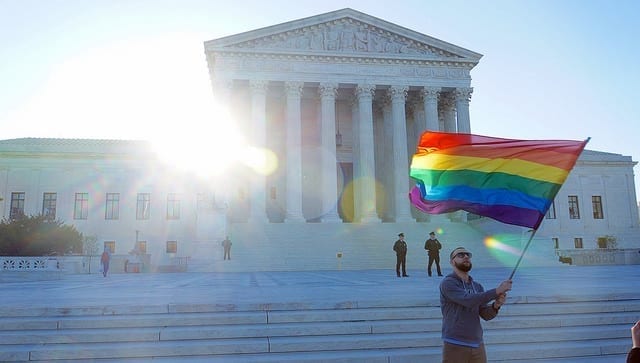Federal law protects employees after they complain either internally, or to an outside agency like the Equal Employment Opportunity Commission (EEOC) about the problems in the workplace.
A former employee of the Deveraux Foundation filed suit against his ex-employer for wrongful termination due to his sexual orientation. The behavioral health agency, based in Villanova near Philadelphia, hired the employee in 2019 as a “direct support professional” and shortly after he began working there, his sexual orientation was discovered and disclosed at his workplace, making him uncomfortable. His direct supervisor began to treat him differently after discovering his sexual orientation and avoided speaking to him. Despite this lack of direct communication caused by the supervisor, the employee continued to do his job at a satisfactory level. In November 2019, a co-worker alerted the employee that “people” were inquiring about his sexual orientation, and one week later he was terminated. The company claims to have fired him for violating the cell phone policy and arguing with a police officer. However, the employer did not follow their disciplinary policy and did not afford counseling, written warnings, or final warnings to the employee before firing him.
Disciplinary policy
When companies do not follow their own employment policies for disciplinary actions they are in breach of employment laws. Legal actions frequently stem from direct violations of the labor laws that are set up to protect both the employer and the employee from the wrongdoing of either party. It is best to hire an experienced employment law attorney in Pennsylvania to utilize both state and federal employment law as they build a solid case. Federal anti-discrimination laws such as Title VII of the Civil Rights Act bar employers from discriminating against workers based on sex, race, religion, color, or national origin.
Wrongful termination

Employees have rights to fight back against wrongful termination, brought about by workplace discrimination based on sexual orientation. Employees can make informal complaints to their employer, file a formal complaint, file a complaint with the Equal Employment Opportunity Commission and/or State Commission on Human Rights Division, or file a lawsuit, especially when any attempt to complain about the negative workplace behavior results in retaliatory acts by an employer. When an employer fires someone after they make a complaint for workplace harassment, that individual may need to hire an employer retaliation law firm. This type of claim is usually filed after an employer initiates wrongful termination, demotion, pay cuts, downgrading of an individual’s job duties, removing them from career advancement opportunities, harassing employees, or creating a hostile work environment.
Discrimination lawsuits
Federal law protects employees after they complain either internally, or to an outside agency like the Equal Employment Opportunity Commission (EEOC) about the problems in the workplace.
A successful retaliation discrimination legal action will be based on verifiable proof of the infraction. It is unlawful to retaliate against applicants, or employees for:
- filing, or being a witness in an EEO charge, complaint, investigation, or lawsuit
- communicating with a supervisor or manager about employment discrimination, including harassment
- answering questions during an employer investigation of alleged harassment
- refusing to follow orders that would result in discrimination
- resisting sexual advances, or intervening to protect others
- requesting accommodation of a disability or for a religious practice
- asking managers or co-workers about salary information to uncover potentially discriminatory wages.
Damages
Damages are awarded to remedy intangible injuries, such as emotional anguish, loss of enjoyment of life, inconvenience, pain and suffering, injury to professional community standing, injury to reputation, injury to credit and loss of health. Economic damages are easier to quantify and include potential moving expenses, job search expenses, medical expenses, behavioral health expenses, and out-of-pocket expenses directly related to the negative employer practices.
Hire an attorney
If an individual believes they are the victim of any labor law violations, they should immediately contact an employment law attorney at The Law Offices of Eric A. Shore, who can review a wrongful termination case and devise a strategy to recover damages.
Sources:
https://www.osha.gov/SLTC/workplaceviolence/
https://www.osha.gov/workers/file_complaint.html
https://www.eeoc.gov/laws/statutes/


Join the conversation!